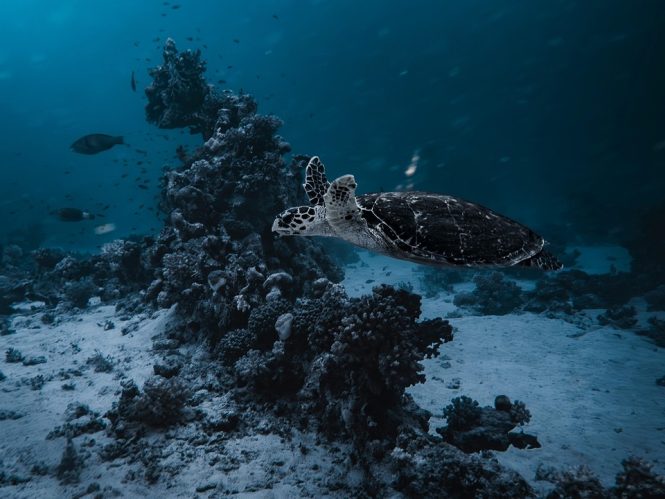
Scuba Diving 101: Getting Certified and Exploring the Depths
Scuba diving is an exhilarating adventure that allows you to explore the underwater world, discover new species, and experience the thrill of weightlessness. However, before you can embark on this incredible journey, you need to get certified. In this article, we’ll guide you through the process of getting scuba diving certified and introduce you to the exciting world of scuba diving.
Why Get Certified?
Scuba diving certification is essential for several reasons:
- Safety: Certification ensures that you have the necessary knowledge and skills to dive safely and avoid potential hazards.
- Confidence: Certification boosts your confidence and allows you to enjoy your diving experiences without worrying about making mistakes.
- Access to dive sites: Many dive sites and operators require certification before allowing you to dive with them.
- Equipment rental: Certification is often required to rent scuba diving equipment.
Getting Certified: The Process
To get scuba diving certified, you’ll need to complete a certification course, which typically consists of three phases:
- Classroom training: You’ll learn about scuba diving theory, safety procedures, and equipment usage through online or in-person classes.
- Confined water training: You’ll practice scuba diving skills in a swimming pool or confined water environment, such as a lake or quarry.
- Open water training: You’ll apply your skills in a natural setting, such as a ocean or lake, under the supervision of a certified instructor.
Certification Agencies
There are several scuba diving certification agencies, including:
- PADI (Professional Association of Diving Instructors): One of the most recognized and respected certification agencies.
- NAUI (National Association of Underwater Instructors): Another well-established certification agency with a strong focus on safety and education.
- SSI (Scuba Schools International): A popular certification agency with a wide range of courses and specialties.
What to Expect During the Certification Process
During the certification process, you’ll learn about:
- Scuba diving equipment: How to use and maintain scuba diving gear, including masks, regulators, and tanks.
- Diving techniques: How to breathe, move, and communicate underwater.
- Safety procedures: How to prevent and respond to emergencies, such as equipment failures and marine life encounters.
- Dive planning: How to plan and execute a safe and enjoyable dive.
Exploring the Depths: What to Expect
Once you’re certified, you’ll be ready to explore the underwater world. Here are some things you can expect:
- Breathtaking scenery: Coral reefs, shipwrecks, and underwater landscapes that will leave you in awe.
- Marine life encounters: Up-close interactions with fish, turtles, and other marine creatures.
- Weightlessness: The thrill of floating and moving freely underwater.
- Sense of adventure: The excitement of discovering new dive sites and experiencing the unknown.
Tips for New Divers
- Start in shallow water: Begin with shallow dives and gradually increase your depth as you gain experience and confidence.
- Dive with a buddy: Always dive with a partner, as this increases safety and enhances the overall experience.
- Respect the environment: Follow best practices for marine conservation and avoid touching or disturbing marine life.
- Stay hydrated and energized: Bring water and snacks to maintain your energy levels during long dives.
In conclusion, scuba diving certification is an essential step towards exploring the underwater world. With the right training and equipment, you’ll be ready to embark on an unforgettable adventure that will leave you with lifelong memories and a newfound appreciation for the ocean and its inhabitants. So, take the plunge and get certified – the depths await!